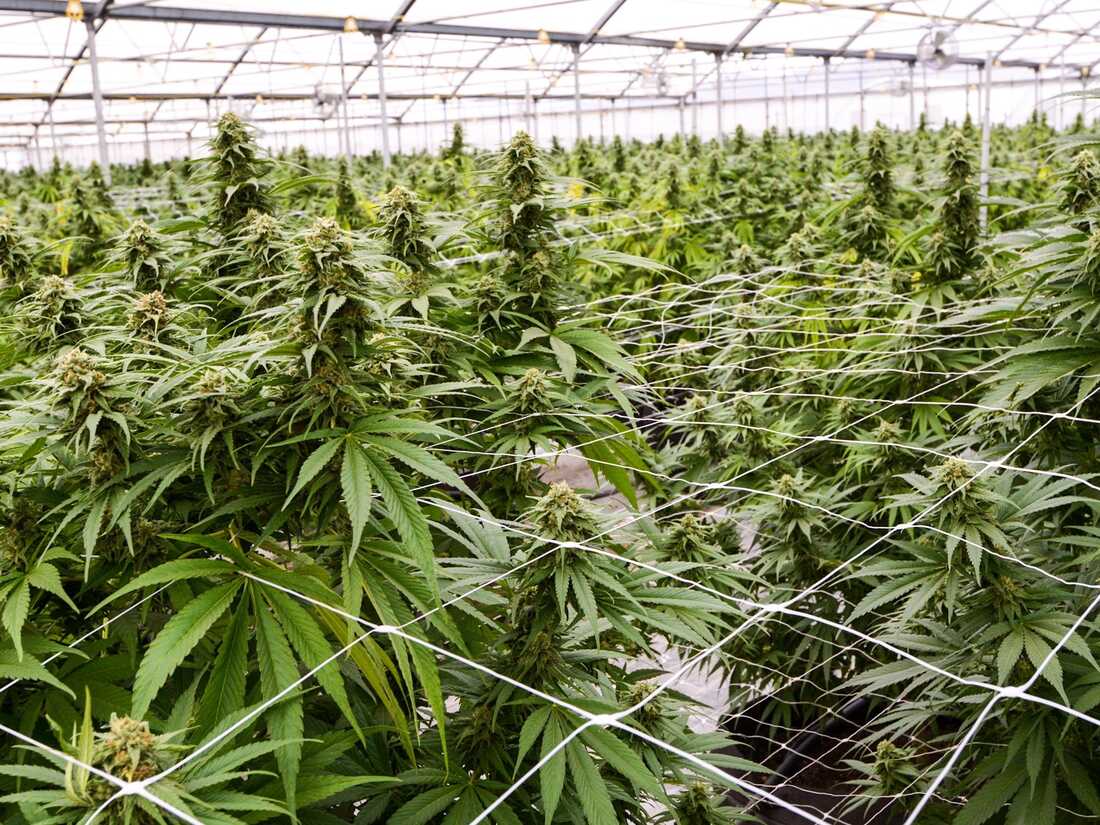Shedding Light on What Medical Cannabis Can Heal: a Thorough Analysis of Its Healing Characteristics
In current years, there has been a growing passion in the healing capacity of medical cannabis. While unscientific proof abounds, a comprehensive examination of the scientific information relating to the performance of medical marijuana in treating these conditions is warranted.
Chronic Discomfort Management
Persistent pain administration continues to be an important element of treatment, demanding a thorough technique for effective therapy. Recently, medical cannabis has become a possible restorative option for people enduring from persistent pain problems. The endocannabinoid system, which plays an important duty suffering modulation, has actually been targeted by cannabis-based treatments to improve and reduce signs quality of life for people.

Moreover, clinical cannabis provides an appealing choice for patients that experience excruciating side impacts from conventional pain medications. Its capability to attend to pain via a different mechanism makes it an important enhancement to the arsenal of therapies offered for chronic pain administration.
Epilepsy Therapy Prospective
Clinical cannabis has shown encouraging capacity in the treatment of epilepsy, supplying an unique healing strategy for taking care of seizures in patients. Epilepsy is a neurological condition defined by recurring seizures, impacting individuals of any ages. Conventional therapies for epilepsy consist of antiepileptic drugs, however these drugs may not be reliable for all patients and can have considerable adverse effects.
Study on using clinical cannabis for epilepsy has disclosed encouraging outcomes. Cannabidiol (CBD), a non-psychoactive substance located in cannabis, has been especially highlighted for its anticonvulsant properties. Research studies have actually revealed that CBD can minimize the frequency and seriousness of seizures in patients with treatment-resistant kinds of epilepsy, such as Dravet syndrome and Lennox-Gastaut syndrome.
Moreover, the FDA has accepted a CBD-based medication, Epidiolex, for the therapy of seizures related to these extreme kinds of epilepsy. This milestone emphasizes the growing recognition of medical marijuana as a beneficial restorative choice for managing epilepsy and gives wish for people who have not reacted well to standard therapies.
Queasiness Alleviation Conveniences
The relief of nausea or vomiting with the usage of marijuana has been significantly acknowledged for its therapeutic benefits in numerous medical problems. Nausea and throwing up are usual symptoms experienced by patients going through chemotherapy, those with intestinal disorders, and individuals with persistent pain problems. Clinical cannabis, with its energetic substances such as THC and CBD, has shown promise in supplying alleviation from queasiness.

Furthermore, medical cannabis uses an all-natural choice for people that do not react well to standard anti-nausea medications or that experience extreme side effects from these drugs. Clients undergoing chemotherapy, in particular, have reported significant renovations in their high quality of life when utilizing marijuana to manage nausea. As research in this location proceeds to expand, clinical marijuana is significantly being taken into consideration as a valuable option for nausea or vomiting relief in different clinical settings.
Anxiousness Decrease Impacts
Researches have demonstrated the potential of marijuana in minimizing anxiety signs through its interaction with the endocannabinoid system. The endocannabinoid system plays an essential function in regulating emotions, including stress and anxiety, by preserving homeostasis in the body. Cannabinoids in cannabis, such as THC and CBD, interact with the endocannabinoid receptors in the brain, especially the CB1 and CB2 receptors, to modulate anxiety-related actions.

People with conditions like generalised anxiety condition weight loss center (GAD), social anxiety condition, and trauma (PTSD) may profit from the anxiolytic properties of cannabis (Medical Marijuana Doctor Near me). Additional research is needed to figure out optimum does, distribution approaches, and long-lasting results on anxiety monitoring.
Potential for Swelling Control
With its well-known anti-inflammatory residential or commercial properties, cannabis has actually shown guarantee in possibly managing inflammation within the body. Swelling is the body's natural reaction to injury or infection, but when it becomes persistent, it can add to various diseases such as joint inflammation, inflammatory bowel condition, and also cardiovascular disease. Research study recommends that the cannabinoids located in cannabis, such as THC and CBD, see this can assist regulate the immune response and decrease inflammation.
Research studies have revealed that cannabis can engage with the endocannabinoid system, which plays a crucial function in managing swelling. By targeting the cannabinoid receptors, marijuana substances can modulate the immune response, bring about a decline in inflammation degrees. This makes marijuana a possible prospect for managing inflammatory problems where conventional treatments have actually failed.
Furthermore, cannabis-derived products like CBD oil have obtained appeal for their anti-inflammatory residential or commercial properties, with numerous individuals using them as an all-natural treatment for problems connected with swelling. While more research is needed to completely understand the devices behind marijuana's anti-inflammatory results, present searchings for show promising results for the possible use of clinical marijuana in managing swelling.
Final Thought
Finally, clinical cannabis has actually revealed appealing therapeutic residential properties in managing persistent discomfort, treating epilepsy, alleviating queasiness, reducing anxiousness, and managing inflammation. Its possible advantages in different clinical conditions highlight the relevance of more research and exploration into its medicinal use. The proof suggests that clinical cannabis can be an important alternative treatment alternative for patients seeking remedy for a range of problems and signs and symptoms.
In recent years, clinical cannabis has actually emerged as a possible restorative option for people enduring from persistent pain conditions.Clinical cannabis has revealed encouraging possibility in the therapy of epilepsy, offering a novel healing method for taking care of seizures in individuals. As research Recommended Site study in this location proceeds to grow, clinical marijuana is significantly being taken into consideration as a valuable choice for queasiness relief in different clinical settings.
In verdict, clinical cannabis has actually shown promising restorative buildings in managing persistent discomfort, dealing with epilepsy, alleviating nausea or vomiting, minimizing anxiety, and controlling swelling. The evidence suggests that medical cannabis could be a valuable option treatment option for clients seeking alleviation from an array of conditions and symptoms.